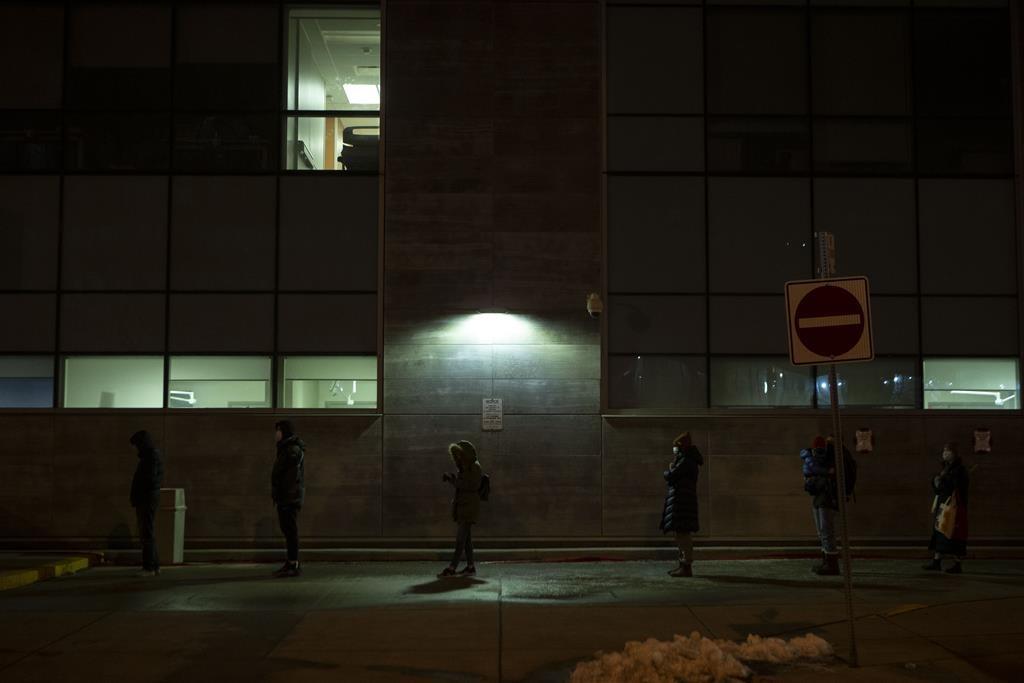OTTAWA—A review of polling data is giving a new sense of the toll the COVID−19 pandemic is having on the mental health of Canadians, but may also offers clues for how to address it during the holiday season.
The review is based on a series of online Leger surveys over the course of the year that were analyzed by the Association for Canadian Studies.





